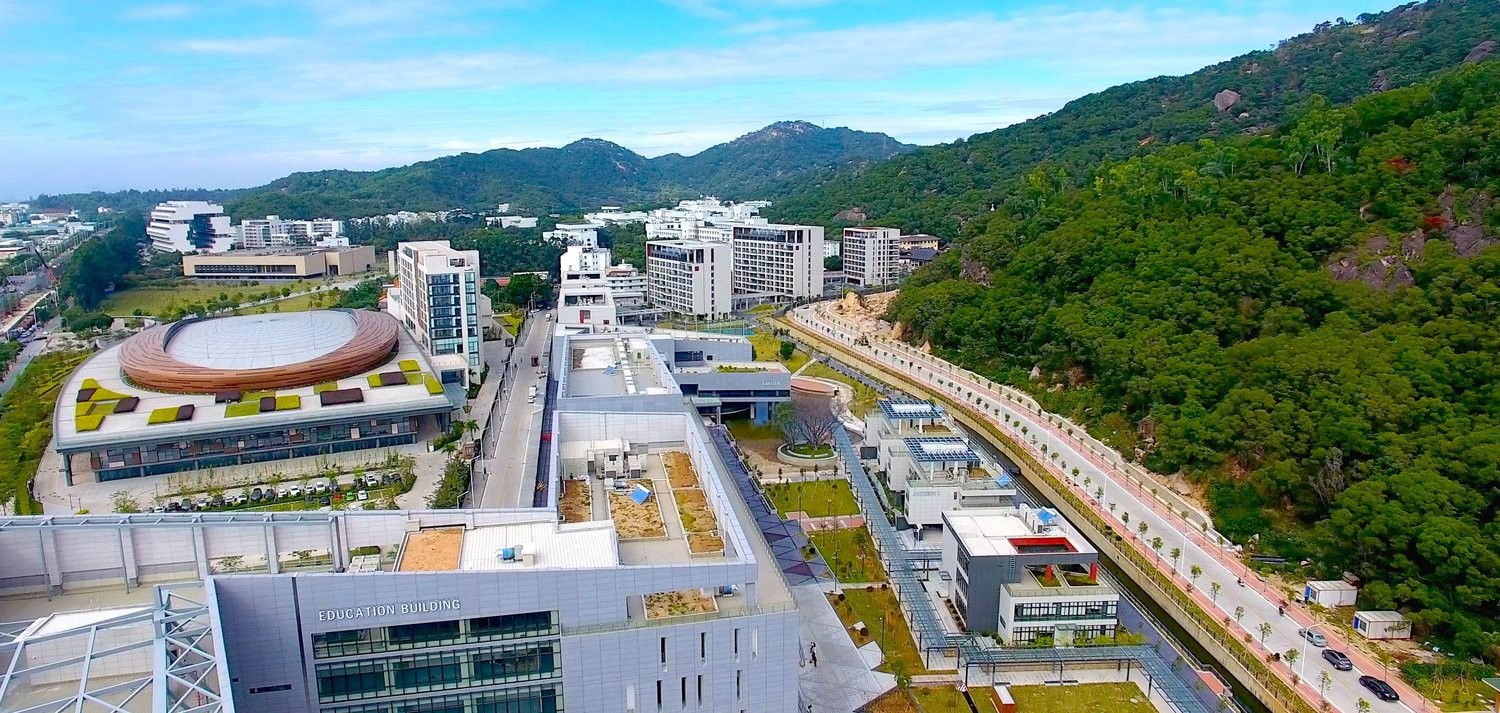An academic-tech combo packs Israel’s China punch
Last week’s inauguration of the Guangdong Technion Israel Institute of Technology—the first Israeli university campus in China—represents a fusion of the Jewish state’s innovation with the Asian giant’s abundant resources and comes amid developing ties between the two nations.
GTIIT “will serve as a reminder to China of Israel’s unique assets such as excellence in advanced education and the ability to innovate,” said Carice Witte, executive director of Sino-Israel Global Network and Academic Leadership, an institute working to advance Israel-China relations.
“Depending on how the university evolves, it could also provide an ongoing platform for Chinese to become acquainted with Israelis and for Israelis to learn how things are done in China,” she said.
The new campus, near China’s Shantou University, spans 1 million square feet and houses 13 buildings, 29 classrooms, 14 teaching laboratories and 55 research laboratories. Three-thousand students are expected to attend the school during its first decade and engage with a broad curriculum ranging from marine biology and coastal planning to medical science.
Currently, 216 undergraduate students are studying at the school in the fields of chemical engineering, materials engineering, biotechnology and food engineering. These students are slated to become the first graduates in 2021. Graduate-level studies will commence soon.
GTIIT was initiated through the collaboration of the Haifa-based Technion – Israel Institute of Technology with several Chinese institutions, including the Guangdong Provincial Government, the Shantou Municipal Government and the Li Ka-shing Foundation. The foundation donated about $130 million towards the project.
Kevin Hattori, associate director of communications for the American Technion Society, told JNS that GTIIT serves as a “bold indicator of the increased global reach and stature” of the Israeli institution. The new campus was inaugurated during Chanukah with a shehecheyanu blessing and with numerous Israeli and Chinese dignitaries in attendance.
Regarding the broader trajectory of Israel-China ties, Witte of the Sino-Israel institute said that bilateral relations are “in large part led by China,” mostly due to a lack of Israeli understanding of the Chinese culture and mentality.
“Israel and its government will need to gain a much deeper understanding of Chinese culture, how things work there and what it takes to establish long-term mutually beneficial relations,” said Witte, whose organization recently conducted a survey on the subject of Israeli views on China.
“The [survey] results showed that while Israelis like China and Chinese culture, their knowledge and understanding remains extremely limited. If this continues in key areas of Israeli society, China’s long-standing Middle East policies could become a serious challenge for Israel,” Witte said.
Witte’s cautionary tone regarding Chinese expansion in the Middle East comes as Beijing has been actively pursuing a larger role as a mediator in Israeli-Palestinian peace talks. China hosted a conference on the peace process Dec. 21, and earlier this year urged the international community to support its president’s four-point plan to end the Israeli-Palestinian conflict and establish an independent Palestinian state.
The inauguration of GTIIT “marks a new era of cooperative research between Israel and China in science, engineering and the life sciences,” said the American Technion Society’s Hattori.
“The GTIIT,” he said, “combines the innovative and entrepreneurial spirit of Israel and the Technion with the unbelievable scale and resources of China to form a major research institute that will help Israel, China and the world at large.”

 39.0°,
Fair
39.0°,
Fair 




